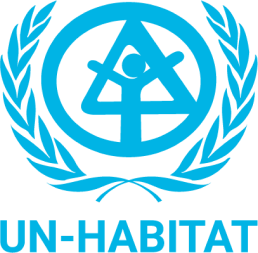Background
The takeover of government in Afghanistan in August 2021 resulted in political instability and socio-economic crisis as well as heightened uncertainty. Afghanistan faces challenges on multiple fronts including growing poverty, food insecurity, and a prolonged drought, which have already impacted the economy. Core government functions have stalled, and the provision of essential services has collapsed. The discontinuation of development funding by international partners has led to significant gaps in basic services, salaries of civil servants and replenishment of essential equipment and supplies.
The Area-Based Approach for Development Emergency Initiatives (ABADEI) programme has been developed to respond to the ongoing crisis in Afghanistan. The programme follows a tailored area-based integrated approach to support basic human needs, complementing short-term humanitarian assistance with the safeguarding of livelihoods and the strengthening of community resilience. The programme is centered on addressing poverty, supporting community resilience and social cohesion, and enabling the rehabilitation of vital infrastructure. It supports the creation of immediate sources of income through cash-for-work, cash for market, assistance for small businesses, and livelihood opportunities.
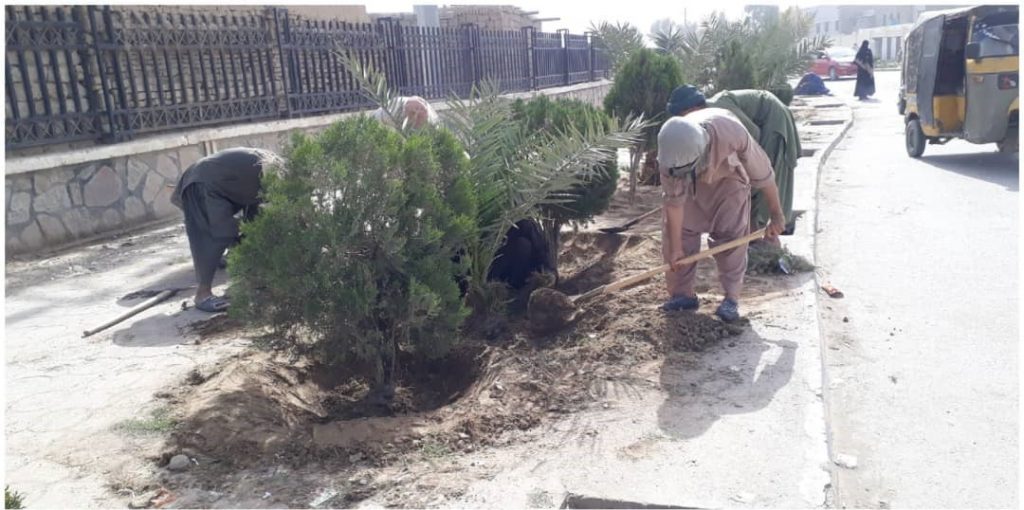

Key Programme Areas
The ABADEI programme will focus on prioritized support in four key areas of work or pillars:
- Pillar 1: Provision of essential services
- Pillar 2: Community Livelihoods and local economic activities
- Pillar 3: Protecting farm-based livelihoods from natural disaster
- Pillar 4: Community resilience and social cohesion
Eight joint programme documents have been developed by 17 Participating UN Organizations (PUNOs) for the implementation of ABADEI in each of the eight regions of Afghanistan. The implementation of ABADEI is funded through the Special Trust Fund for Afghanistan (STFA). The fund is run by the Multi Partner Trust Fund Office (MPTFO) as the Administrative Agent. The MPTFO disburses programme funds directly to PUNOs on the approval of allocations by the STFA steering committee.
Activities
As one of the 17 PUNOs, UN-Habitat has planned to undertake the following activities in the northern and southern regions:
- Provide renewable energy solutions for essential services, such as health and education
- Provide training, assets, and equipment for small businesses to improve productivity and sustain livelihoods
- Improve living conditions in public urban spaces through cash for work activities
- Support participatory and inclusive planning processes for socio-economic recovery and community resilience
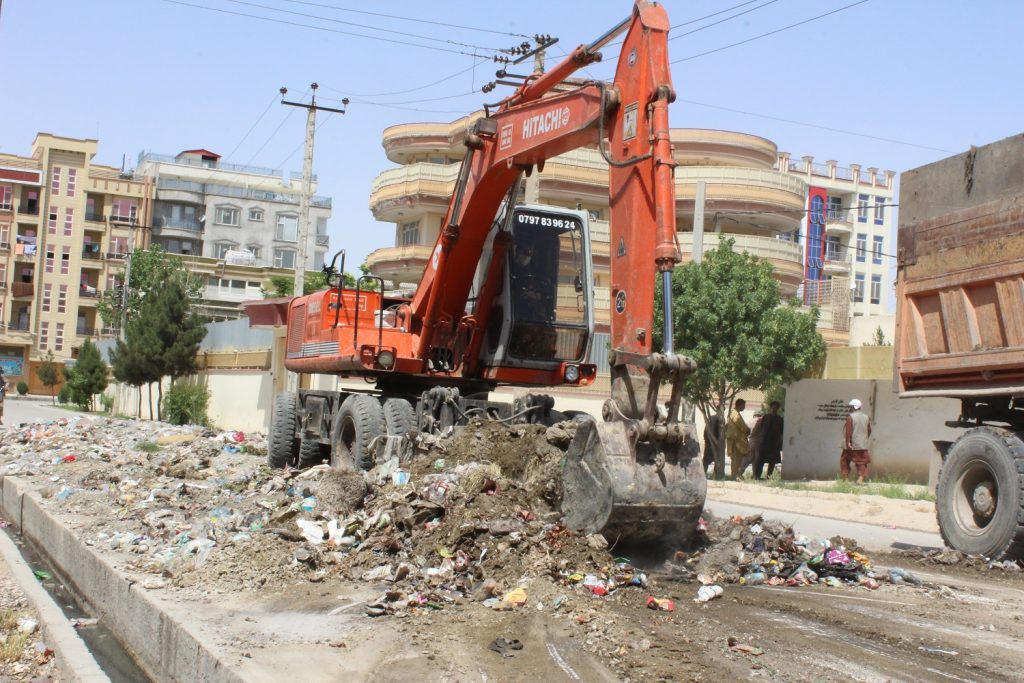
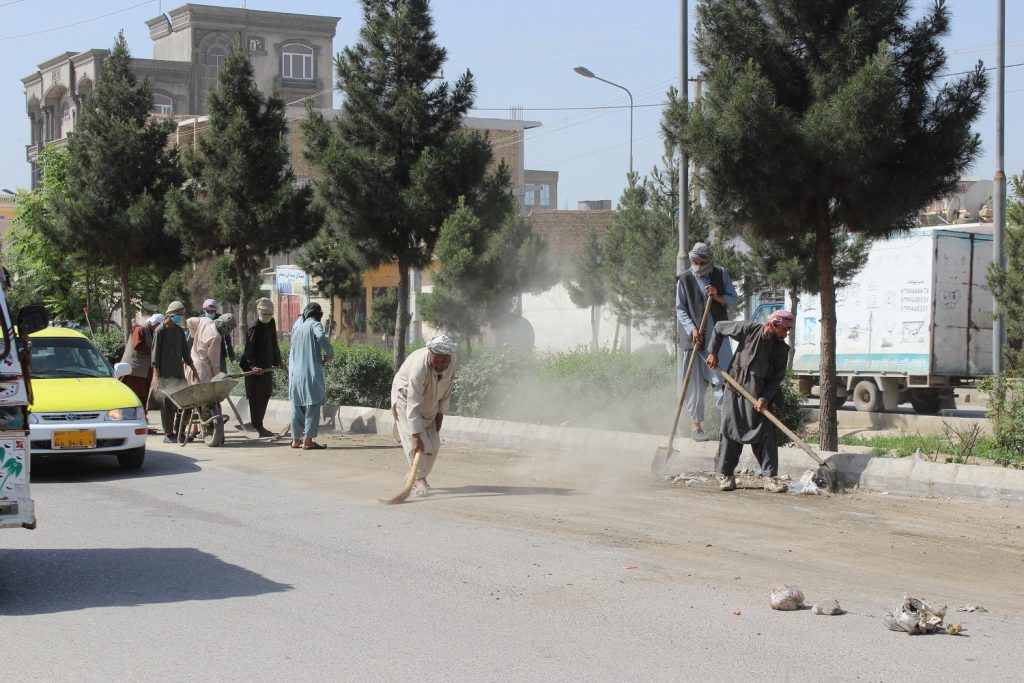
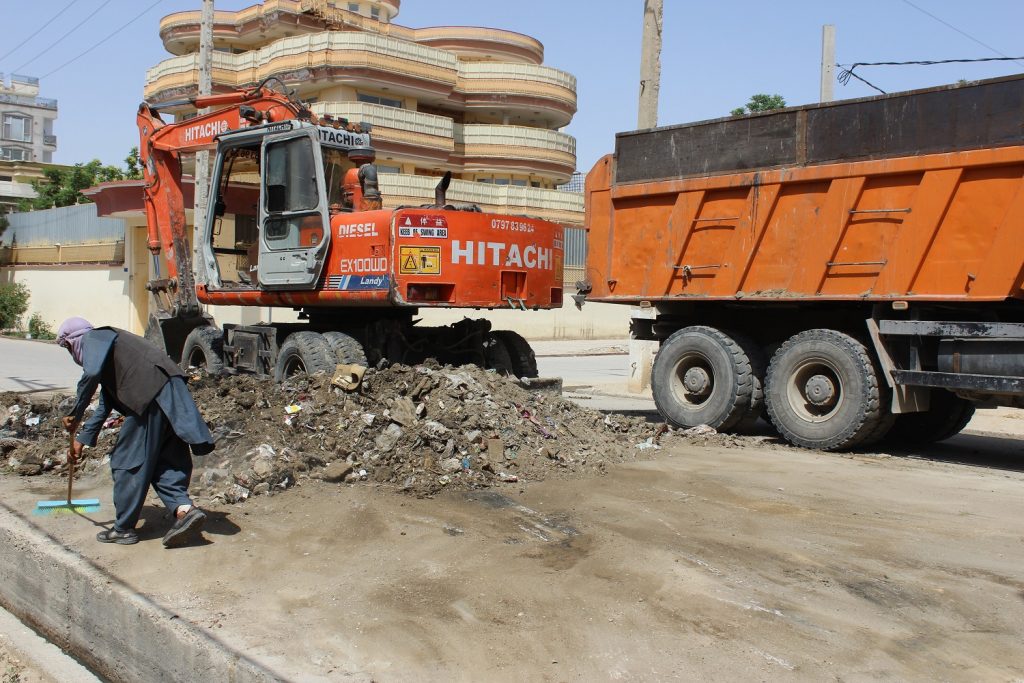
Key Results
UN-Habitat has already achieved the following results in Q1 of 2022 through Cash for Work activities under ABADEI’s pillar 2.
Key results in northern region:
- 960 people hired under Cash-for-Work, producing 14,400 work-days, including 59 persons living with disability, 523 youth and 108 IDPs
- 2 canals (cumulative length of 4km) cleaned
- 300 kms of roads in 10 districts swept
- 20 kms of ditches in district 3 cleaned
- 3 parks covering an area of 8,000 m2 cleaned
Key results in southern region:
- 850 people hired under Cash-for-Work, producing 12,345 work-days, including 18 persons living with disability, 544 youth and 316 IDPs
- 260 m of canal in district 15 cleaned
- Over 42 kms of roads in districts 1-14 cleaned
- 57 m of ditches in districts 1-14 cleaned
Donors and Key Project Stakeholders
Donors:
Czech Republic, Germany, Luxembourg, Norway, Sweden, and Turkey
Key Project Stakeholders:
Gozar Assemblies (GAs) and Community Development Councils (CDCs), and Beneficiary Communities
Relevant Links
Story: One woman empowering her community – A story from Afghanistan ABADEI Programme
UN-Habitat Starts Three Retaining Wall Projects in Kandahar City, Afghanistan
ABADEI Programme Donors Praise UN-Habitat Activities in Mazar-i-Sharif city
UN-Habitat Creates 2010 Job Opportunities to Alleviate Harsh Economic Conditions in Afghanistan
Video: UN-Habitat activity under ABADEI programme for the first quarter of 2022
Story: In Afghanistan, UN-Habitat continues to deliver in support of the most vulnerable
